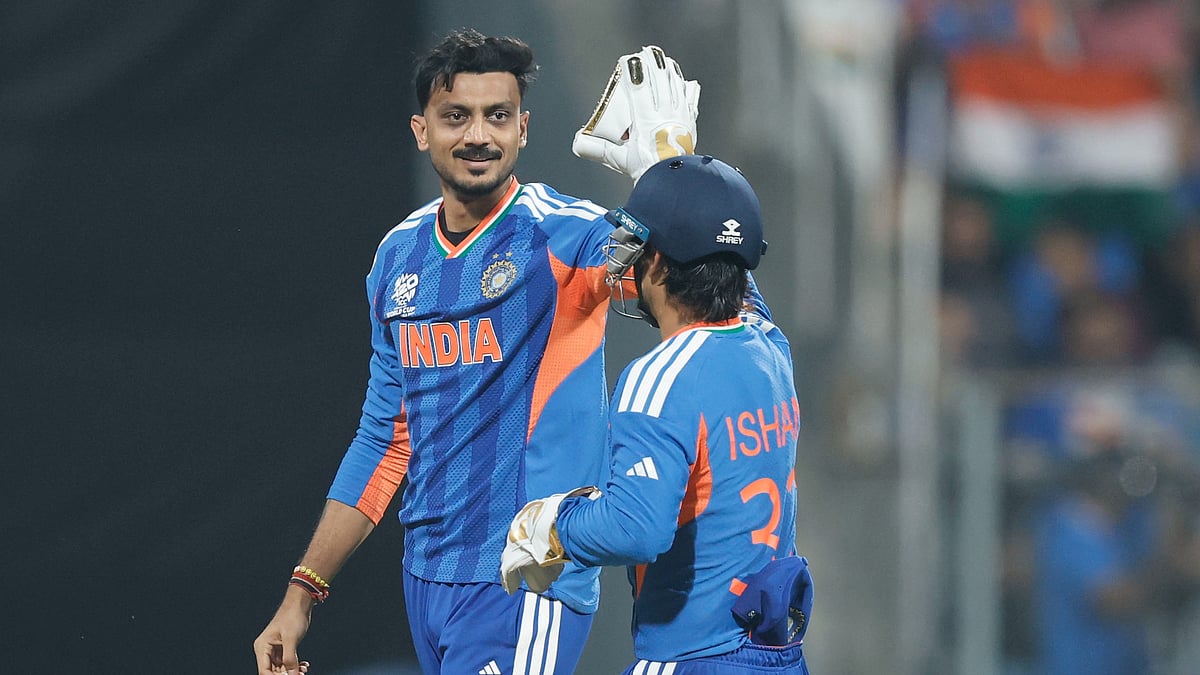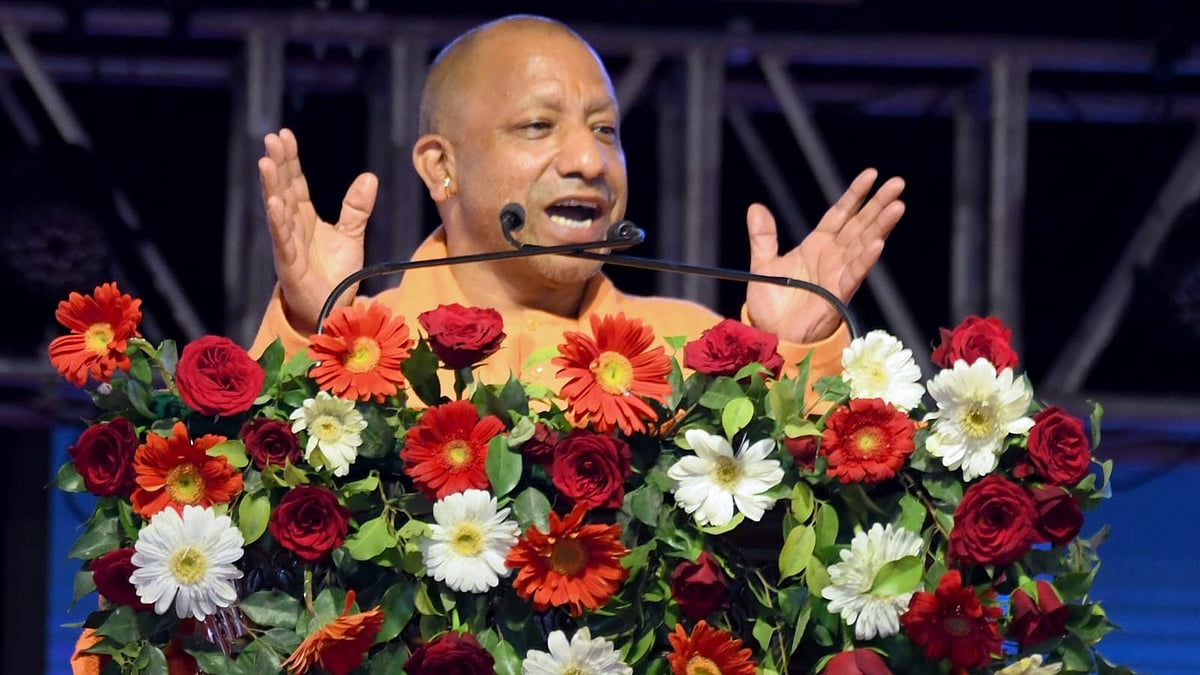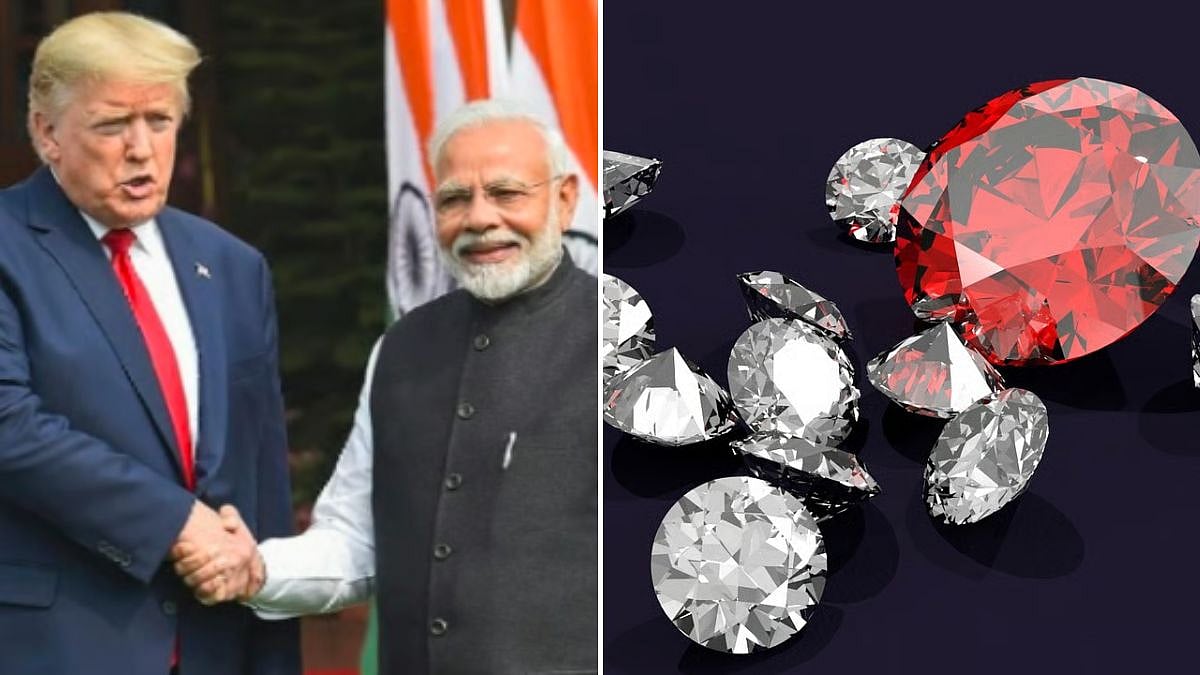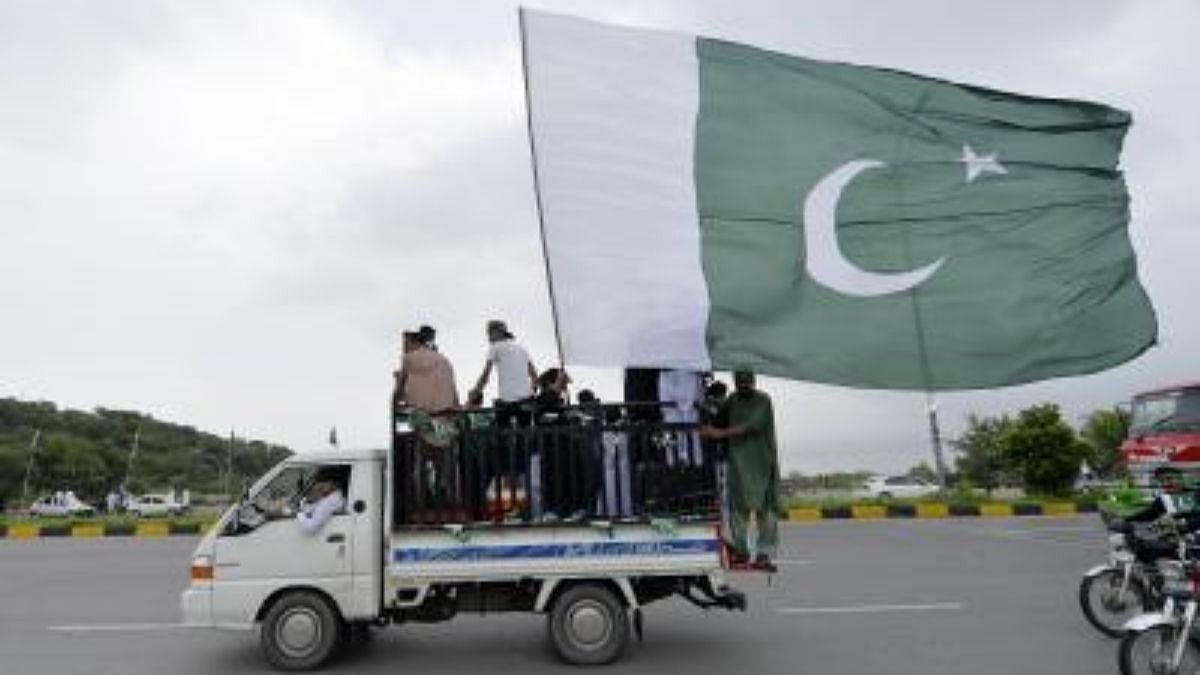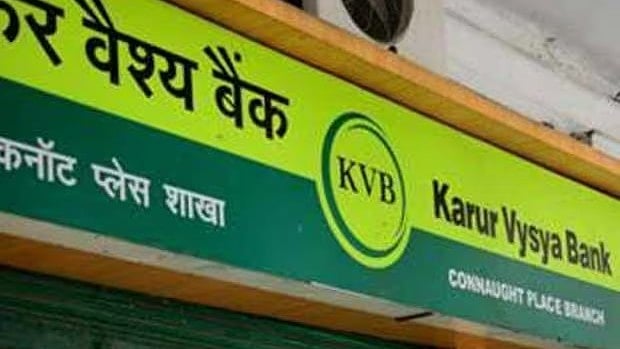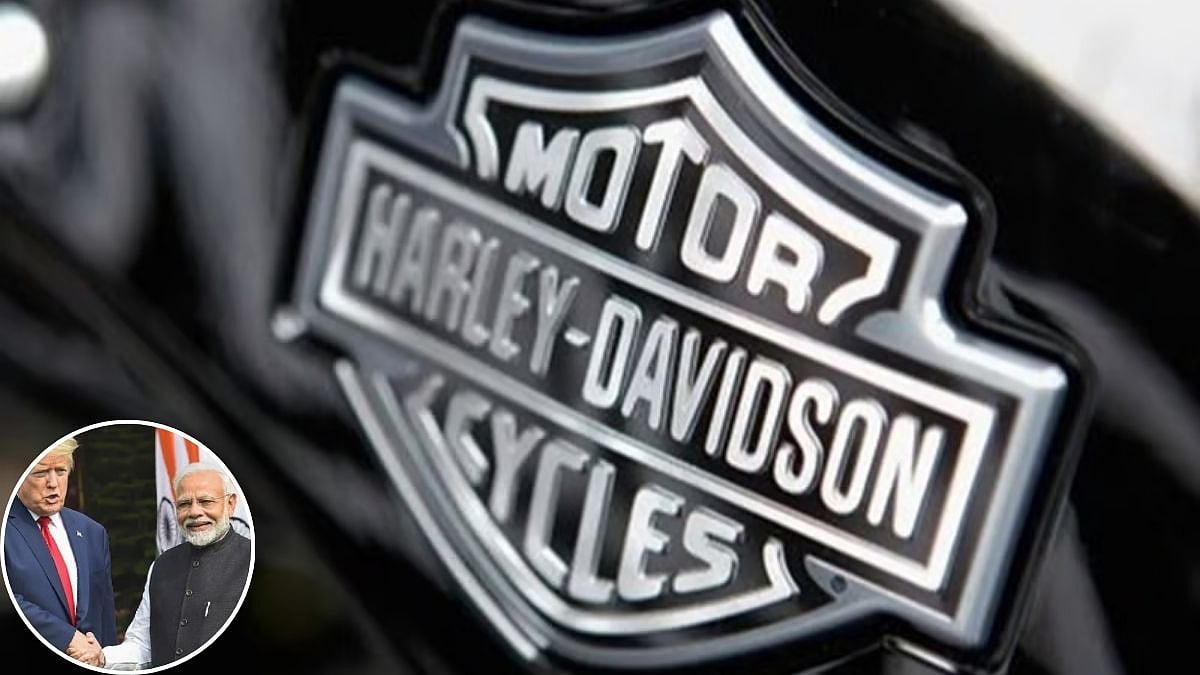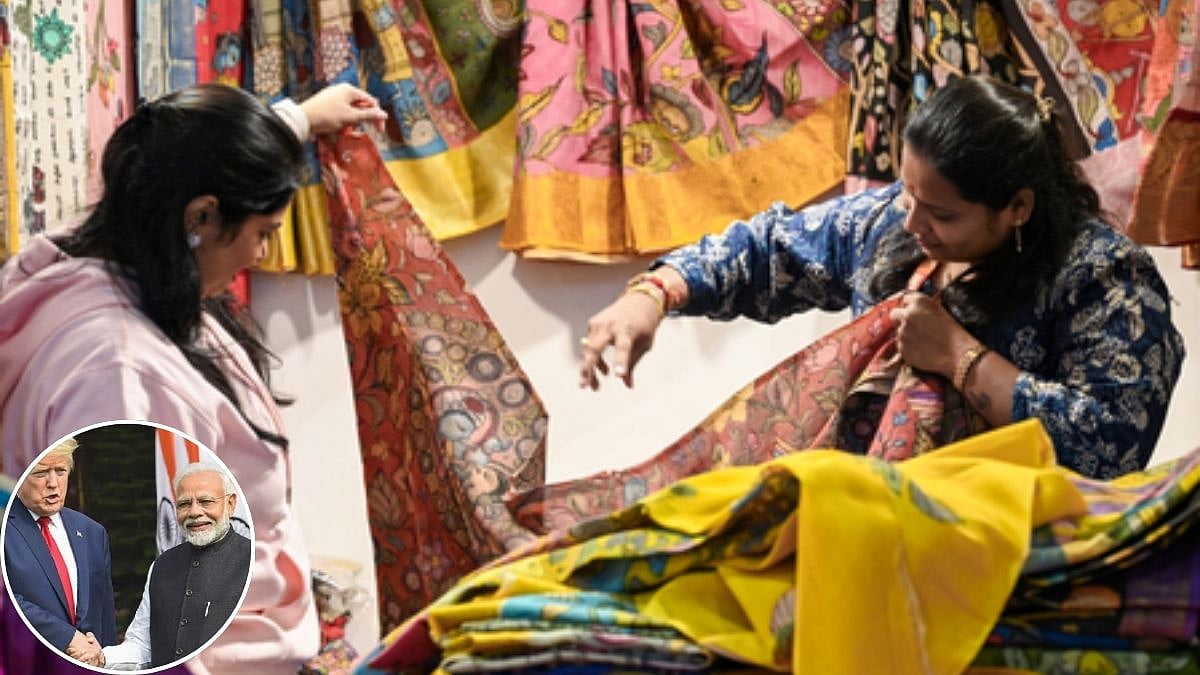The production cost of India's steel producers using the blast furnace route would remain contained in the near term due to China's ban on Australian coking coal, India Ratings and Research (Ind-Ra) said.
Accordingly, the Chinese move will lead to softer coking coal prices which shall directly support EBITDA per tonne accretion of around Rs 2,600 over FY21 for companies using the blast furnace route.
"Such companies are likely to have reduced cost of steel production by around Rs 1,800 per tonne YoY in 2HFY21, supported by the reduced cost of coking coal per tonne of around Rs 7,300," Ind-Ra said in a report.
As per Ind-Ra, China's ban has led to negative bias on coking coal prices.
It expects Australia premium hard coking coal (HCC) CNF prices would be around $120 per tonne over remaining FY21, except for any weather-related supply disruptions in Australia.
"Despite China's healthy steel production growth of 7 per cent YoY in the first seven months FY21, its coking coal imports have significantly reduced by 12 per cent as against an increase of 14 per cent YoY in FY20, reflecting the country's increased reliance on domestic coking coal.
"Considering the low coking coal imports by China and a possible further reduction amid China's ban on Australian coking coal, an excess supply would build-up unless Australian miners reduce their output considerably.
"Hence, Ind-Ra understands coking coal prices would remained soft although other major coking coal importers such as India, Japan and South Korea's production levels have recovered them to pre-covid levels," Ind-Ra added.
Lately, China and Australia were the largest coking coal trade partners in the world.
China's imports and Australia's exports, respectively, form 40 per cent and 65 per cent of the world's overall coking coal trade.
"As Chinese end-users are likely to increase their domestic coal production or import coking coal from countries such as Indonesia, Russia, Canada and the US, Indian buyers would gain more bargaining power with Australian coking coal.
"India and China have been the largest consumers of Australian coking coal, competing with each other and composing 25 per cent and 24 per cent respectively, of Australia's total metallurgical coal exports."

